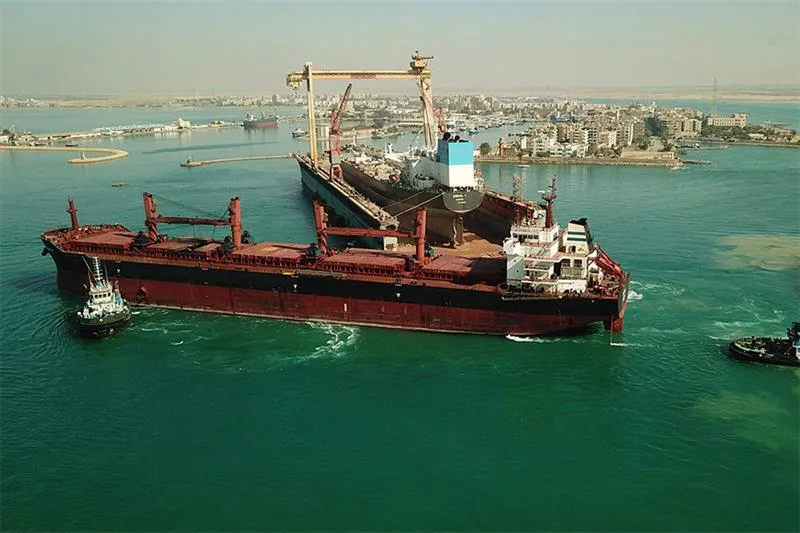On Tuesday, a Malta-flagged, Greek-owned bulk carrier navigated north through the southern Red Sea when a Houthi missile slammed into its side. Scarred but afloat, the vessel limped into a floating dock operated by the Suez Shipyard Company, an arm of the Suez Canal Authority (SCA).
Technical inspections revealed the attack's brutal toll: external and internal damage across the 190-meter hull and its components. Despite the wounds, the ship, capable of carrying 55,000 tons, stood resilient.
Osama Rabie, SCA Chairman, assured swift action. "The Suez Canal Authority stands ready to provide necessary navigational, maintenance, and repair services for any vessel facing failures or emergencies amidst the current Red Sea conditions," he declared. "We will spare no effort in guaranteeing the normal flow of navigation through the canal, upholding the stability of global supply chains." The SCA, Rabie affirmed, would maintain close communication with all clients to minimize the impact of the Red Sea turmoil.
Tensions in the region have reached a boiling point. Houthi attacks on ships linked to Israel, near the strategic Bab Al-Mandeb Strait, a crucial maritime artery, stem from their solidarity with Palestinians enduring the hardships of Israel's ongoing war. The US and UK retaliated with airstrikes against Houthi targets in Yemen, further escalating the tensions.
Consequently, some shipping companies have temporarily halted all Red Sea voyages, disrupting the shortest route between Europe and Asia. The Suez Canal and the Red Sea, linked by the Bab Al-Mandeb Strait between Yemen and Djibouti, now navigate a treacherous path, their waters echoing with the cries of war and the anxieties of global trade.

